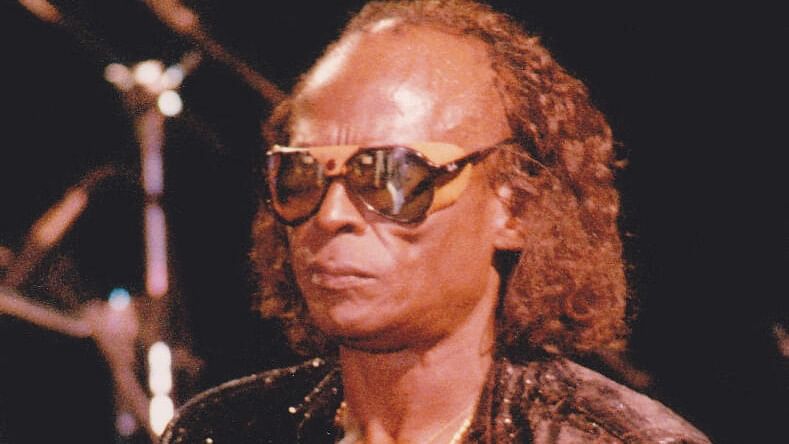
In 1970, American music legend, Miles Davis, released ‘Bitches Brew’, an album so musically daring that some critics and listeners didn’t know what to make of it.
By then, the trumpeter’s ear had drifted from traditional jazz to edgier blends of funk and psychedelic rock.
Bitches Brew sold well. It delivered Davis’ first gold and platinum albums and shifted mainstream jazz from elegant arrangements optimised for cramped nightclubs to grungier structures tailormade for stadium speakers. Now, it’s the focus of ‘London Brew’, an ambitious jazz album that released on March 31.
It convenes a 12-member collective of noted musicians in Britain — including saxophonists Nubya Garcia and Shabaka Hutchings, tuba player Theon Cross, DJ Benji B and guitarist Dave Okumu — and uses ‘Bitches Brew’ as a springboard to a new album informed by the
Davis classic without recreating it. The idea was to improvise an album with the same fiery
expanse, with samples from Davis’ electric period of the late 1960s and early ’70s as
the binding agent.
“We wanted to do something that would be our imagination of what it could possibly have been to be in his presence during those sessions,” guitarist and ‘London Brew’ producer Martin Terefe, 53, said.
‘London Brew’ was supposed to be a one-off live event in London in 2020 to commemorate the 50th anniversary of ‘Bitches Brew’. Covid-19 lockdowns shuttered venues and cancelled the show, leaving any sort of celebration in limbo... until Terefe called with another idea: Get everyone in the studio and record an album.
On December 7, 2020, the group convened at the Church Studios in north London, with Covid-testing personnel in place and a scaled-down technical crew, to record what would become ‘London Brew,’ an eight-song, almost 90-minute LP of genre-hopping experimentation that blurs the lines between rock, jazz and ambient, sometimes within the scope of one song.
While ‘London Brew’ is foremost a nod to one of Davis’ most famous albums, songs like ‘Bassics’ and the title track’s midpoint evoke the cosmic
Afrocentricity and tightly coiled funk of Davis’ ‘Live-Evil,’ released in 1971, and ‘On the Corner,’ from the following year. Towards the end of ‘London Brew Pt 2’, the producers sample the wafting guitar and subtle organ of the ambient-leaning ‘In a Silent Way,’ from 1969.
A half-century after Davis brought the likes of Bennie Maupin and Wayne Shorter into one room for one common goal, that same sense of community dots ‘London Brew’. “The whole thing was meant to be a mesh,” Garcia, the saxophonist, said. “We were in the room together; we played things; then we left. I hope it conveys the necessity and beauty of community.”